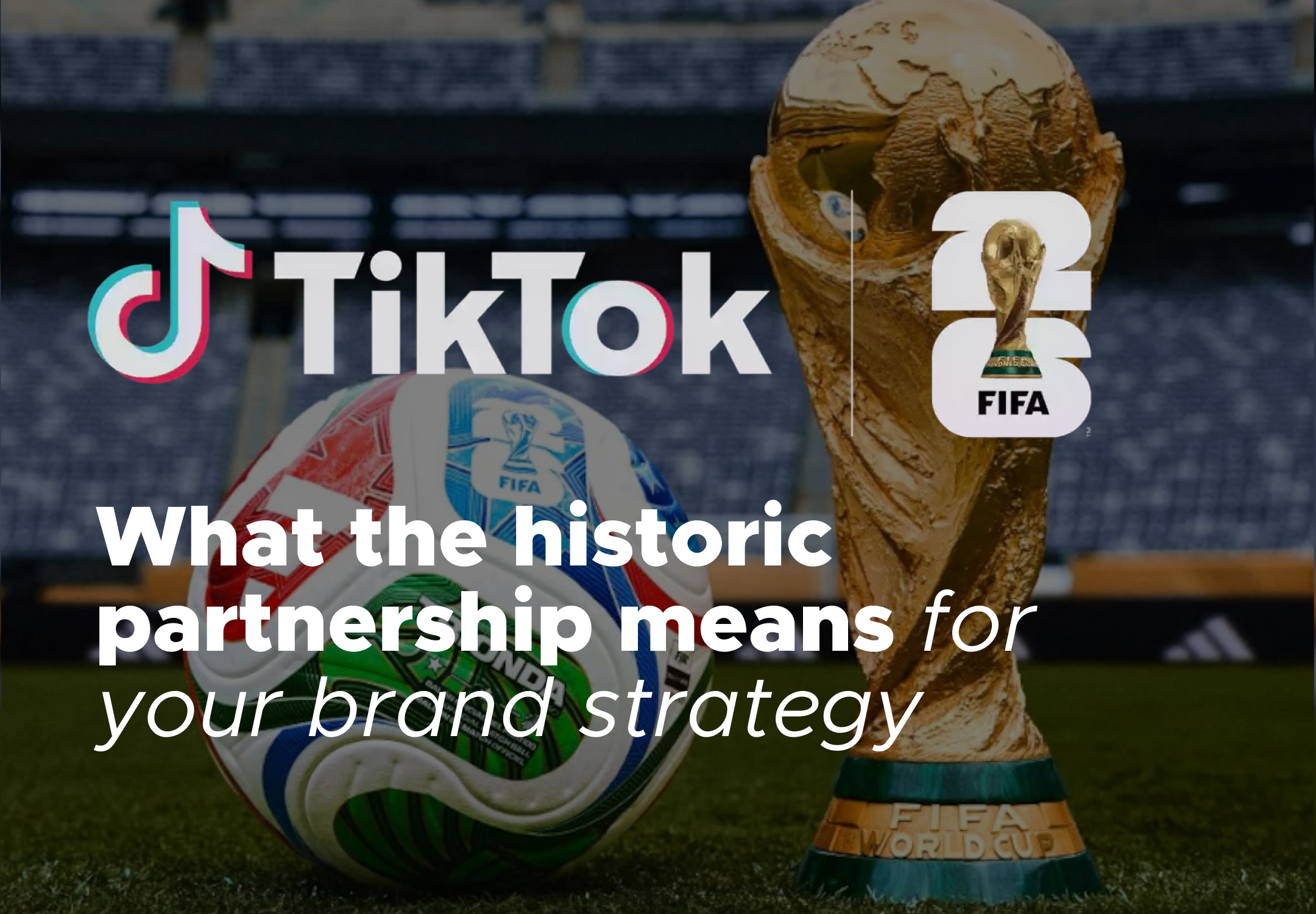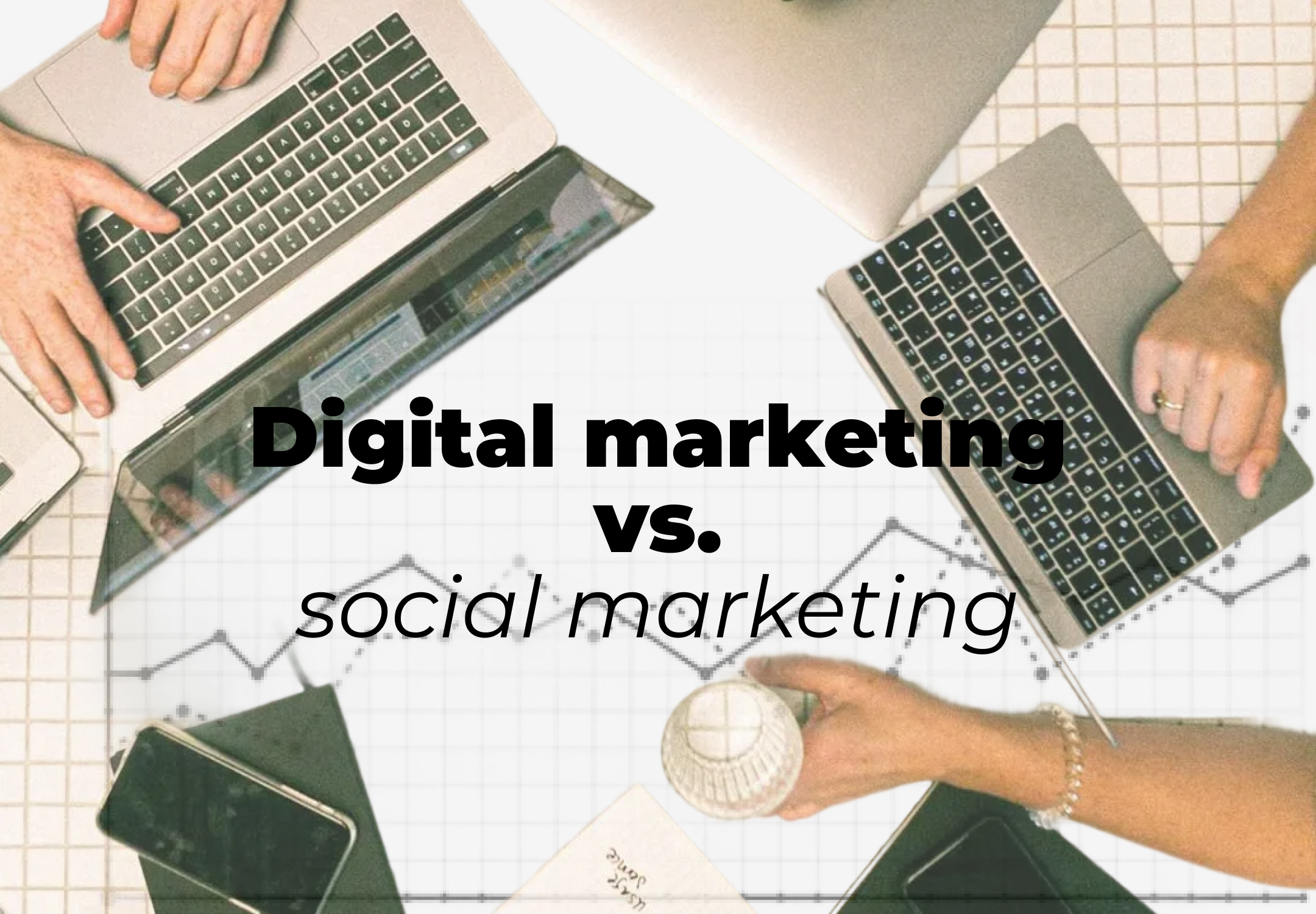What brands keep getting wrong about Gen Alpha
You're probably not marketing to 14-year-olds. But if you're planning for 2030 and beyond, Gen Alpha matters more than you think. Understanding today's behavioural patterns is critical for your 5-10 year strategy.
October 19, 2025

Born between 2010 and 2024, Gen Alpha represents 2 billion people commanding $5.46 trillion in spending power by 2029. They’re already reshaping culture, platform dynamics, and how brands build relevance. The patterns emerging now will define your marketplace in five years. Here’s what research from GWI, Nielsen, and Influencer Marketing Hub reveals brands are missing.
They’re not Gen Z 2.0
The most expensive assumption is treating Gen Alpha as younger Gen Z. Gen Z learned technology; Gen Alpha was born into it. Horizon Media calls them ‘algorithmically native’ – they expect content to find them, not the other way round. Traditional demographic targeting fails here. These kids don’t see ‘children’s brands’ and ‘adult brands’ – they shop at Sephora and Lululemon with their millennial parents. They’re brand-literate from age three, and 87% influence household purchases including major decisions like car buying. For 2030 strategy, this means rethinking product positioning entirely. The winners aren’t creating separate ‘kids’ lines’. They’re building inclusive experiences that work across ages.
The ‘iPad Kids’ myth
Everyone assumes Gen Alpha is glued to screens. GWI’s research of 20,000+ kids aged 8-15 tells a different story. Post-pandemic, they’re choosing real-world experiences. Cinema attendance has grown every year since 2021 – 28% now cite it as their preferred way to watch films, beating streaming. Walking holidays are up. In-store shopping is preferred by 66% because it’s ‘fun’ and offers family time. They’re not rejecting digital – they’re integrating it differently, wanting experiences that blend physical and digital seamlessly. Brands mastering this integration – Nike’s SNKRS app driving store releases, Jellycat transforming purchases into rituals – are building models that will resonate as Gen Alpha matures. Pure e-commerce plays may struggle.
YouTube dominates (not TikTok)
Ask marketers where Gen Alpha spends time and most say TikTok. Wrong. YouTube dominates with 94% usage – and it’s replaced Google as their search engine. 51% first hear about brands on YouTube, and 71% have purchased after seeing products there. Each platform serves distinct purposes: TikTok drives trends, YouTube drives discovery and education, gaming platforms drive social connection. Gen Alpha’s social media usage is becoming more passive – they’re watching and browsing, but posting less. Only one in ten post everything; just two in five feel they can post what they really think. Strategic insight: content requiring active participation underperforms. Content that’s easy to consume, share, and remix? That’s where engagement lives.
Is influencer strategy broken up?
The Influencer Marketing Hub reports a 10.2% decrease in dedicated influencer budgets – partly from poor Gen Alpha targeting. Brands chase macro-influencers when Gen Alpha responds to micro-influencers (10K-100K followers) who consistently outperform on engagement and trust. Gen Alpha values influencer recommendations as much as family advice – but only when authentic. They’ve grown up watching sponsored content and spot inauthentic partnerships instantly. 62% trust brands that admit mistakes; radical transparency is their baseline. The shift: 47% of marketing professionals now advocate ongoing creator relationships over one-off campaigns. Long-term partnerships build the trust Gen Alpha requires and create insurmountable advantage.
Gaming isn’t optional
Most brands treat gaming as a channel. For Gen Alpha, it’s where social life happens. Gaming platforms aren’t entertainment – they’re identity, community, and increasingly commerce. There’s been a 23% increase since 2021 in 12-15 year-olds favouring games centred on building and creating. Gen Alpha is comfortable with virtual economies and value exchange in digital spaces. This behaviour – valuing digital assets, understanding in-game economies – will shape how they shop as adults. Luxury brands like Gucci have successfully built followings through gaming worlds, but most categories haven’t begun exploring beyond banner ads. By 2030, the distinction between ‘gaming brands’ and ‘regular brands’ will be as obsolete as ‘internet brands’ versus ‘regular brands’ is today.
Values are important
66% prefer buying from companies that positively impact the world. 96% believe in fair treatment. But they’ve grown up watching greenwashing – they want proof, not promises. They favour systemic change over token gestures. Nielsen’s research shows 73% of Gen Z already pays more for sustainable products. As Gen Alpha matures, that percentage climbs and sustainability definitions become more rigorous. Values alignment won’t be a differentiator by 2030 – it’ll be table stakes.
Speed over polish
Gen Alpha operates at TikTok speed. Trends emerge and fade in days. Cultural moments last hours. Traditional marketing cycles – strategy, approval, production, deployment – are fundamentally incompatible with how Gen Alpha culture moves. Brands succeeding with Gen Alpha share organisational agility. They’ve structured teams to move quickly, empowered creation without waiting for approvals, and accepted that relevance is quality. A perfectly produced video arriving three days late is worse than an imperfect video in the moment. By 2030, competitive advantage won’t come from the biggest budgets – it’ll come from who can move fastest, experiment most freely, and adapt most readily.
The parent dynamic has changed
Gen Alpha’s parents are millennials, and household decision-making has become genuinely democratic. 49% maintain shared shopping lists where children contribute. 69% say kids request specific products after seeing ads. Successful brands build ‘dual appeal’ – resonating across both generations. Sol De Janeiro jumped 26 places in brand rankings by attracting tweens whilst maintaining adult appeal. The age-segregated retail model is breaking down.
What this means for your strategy
Most aren’t selling to 12-year-olds today. But these patterns will define how culture spreads and brands build relevance through 2035. Three strategic priorities emerge: Build for platform reality. YouTube dominates discovery. Gaming platforms are social infrastructure. Understanding these distinct roles shapes where you build presence. Invest in speed over polish. The approval processes ensuring brand consistency also ensure irrelevance. Finding the balance is the organisational challenge of the next five years. Start building cultural relevance now. Brand awareness compounds. Relationships built with Gen Alpha today – even if they’re not buying yet – create advantage that’s nearly impossible to replicate later.
Gen Alpha represents $5.46 trillion in future spending power, but the real story is the behaviour patterns defining how that money gets spent. They’re algorithmically native, values-driven, authenticity-demanding, and moving at speeds that make traditional marketing look glacial. The mistakes outlined here create compounding disadvantage. Every quarter treating Gen Alpha like mini-millennials, every campaign optimised for short-term performance over long-term relevance, every delayed response – these aren’t missed opportunities.
They’re relationship debt. History isn’t kind to brands missing generational shifts. Kodak, Blockbuster, Toys ‘R’ Us didn’t fail from bad products – they failed from not adapting fast enough to changing consumers. By 2030, Gen Alpha will make up nearly 30% of the global population. The brands building relationships now will own the next decade. The data is clear. The trends are observable. The window is open.
But Gen Alpha isn’t waiting.
Latest News ☕

Why 2026’s color trends signal a strategic shift for brand marketing
January 17, 2026
Pinterest's 2026 Palette, released January 2026, identifies five trending colors based on ...

TikTok becomes FIFA’s first preferred platform for the World Cup 2026
January 13, 2026
TikTok's groundbreaking preferred platform agreement with FIFA for the 2026 World Cup rede...

Digital marketing vs. social marketing: Understanding the difference in 2026
January 9, 2026
Even experienced marketers often use "digital marketing" and "social marketing" interchang...


